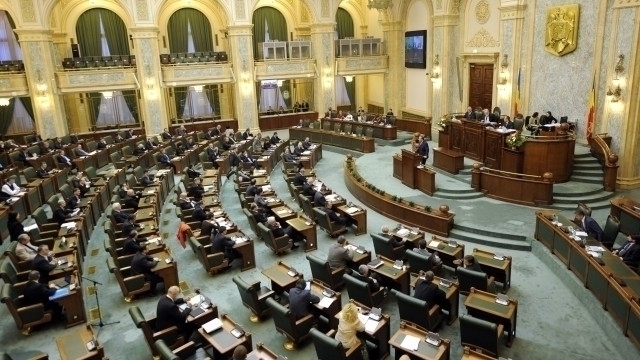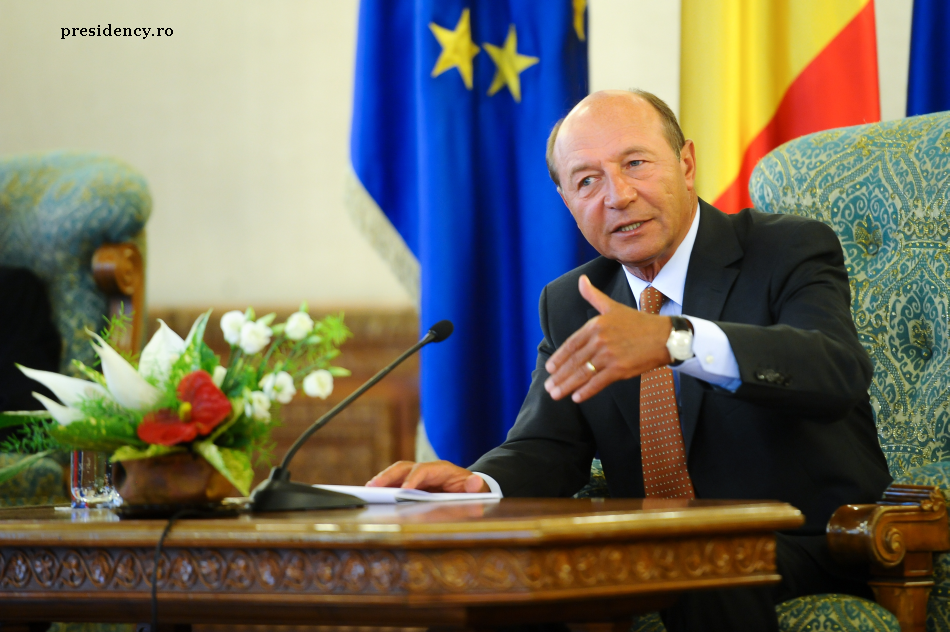Candidates for the Parliamentary elections in Romania are getting
ready for the end of the election campaign. Under the current legislation, this
campaign is due to end on Sunday, December 10th at seven hours local
time. Until that time, those vying for an MP seat can present their political
programmes and election offers through banners, rallies and meetings with the
citizens.
The mass-media campaign ended on Friday at seven hours. The
authorities in charge of staging the ballot are also making the last
preparations. On Saturday, the last day before the election, constituency
presidents are to receive the ballots, stamps, election tickets and all the
other necessary documents. The Interior Ministry has announced that all IT
operations are being recorded and kept, the vote counting process will be video
recorded while minutes will be electronically filled in and automatically published.
Marcel Opris, head of the Special Telecommunication Services has more on the
issue.
Marcel Opris: The refusal to do
video recording or to comply with these operations is a crime because it
translates as changes that are to be brought to the election process. If the
recording application on a tablet at a certain polling station ceases
functioning the situation will be immediately signaled to the monitoring
centre.
Roughly 65 hundred people are vying for 466 Parliament seats – 136
in the Senate and 312 in the Chamber of Deputies, including 18 seats for the
national minorities, except for the Hungarian minority which is represented
ex-officio. There are 43 constituencies: 41 counties, Bucharest and the
Diaspora. The ballot will unfold in keeping with the new election legislation,
which brings back, after an 8-year break, the list voting system.
The previous uninominal vote with the so-called representation
quotas has proved its flaws as the Legislature presently boasts 600 MPs. The
political groups faring best in opinion polls are the so-called traditional
parties: the leftist Social Democratic Party and the right-winged National
Liberal Party.
A newcomer to the Romanian political stage, the Save Romania Union
(USR) has seen a rapid ascension, aspiring to become the third force in the
future Parliament.
Standing good chances of clearing the 5% election threshold are UDMR
(The Democratic Union of Ethnic Hungarians in Romania) ALDE (the
Liberal-Democratic Alliance) founded by incumbent Senate speaker Calin Popescu
Tariceanu and the People’s Movement Party founded by the former Romanian
president Traian Basescu. His successor, Klaus Iohannis, urges the Romanians to
show to the polls saying: Go to the polls and don’t let anyone decide in your
place. If all the politicians annoy you, then go top the polls.

